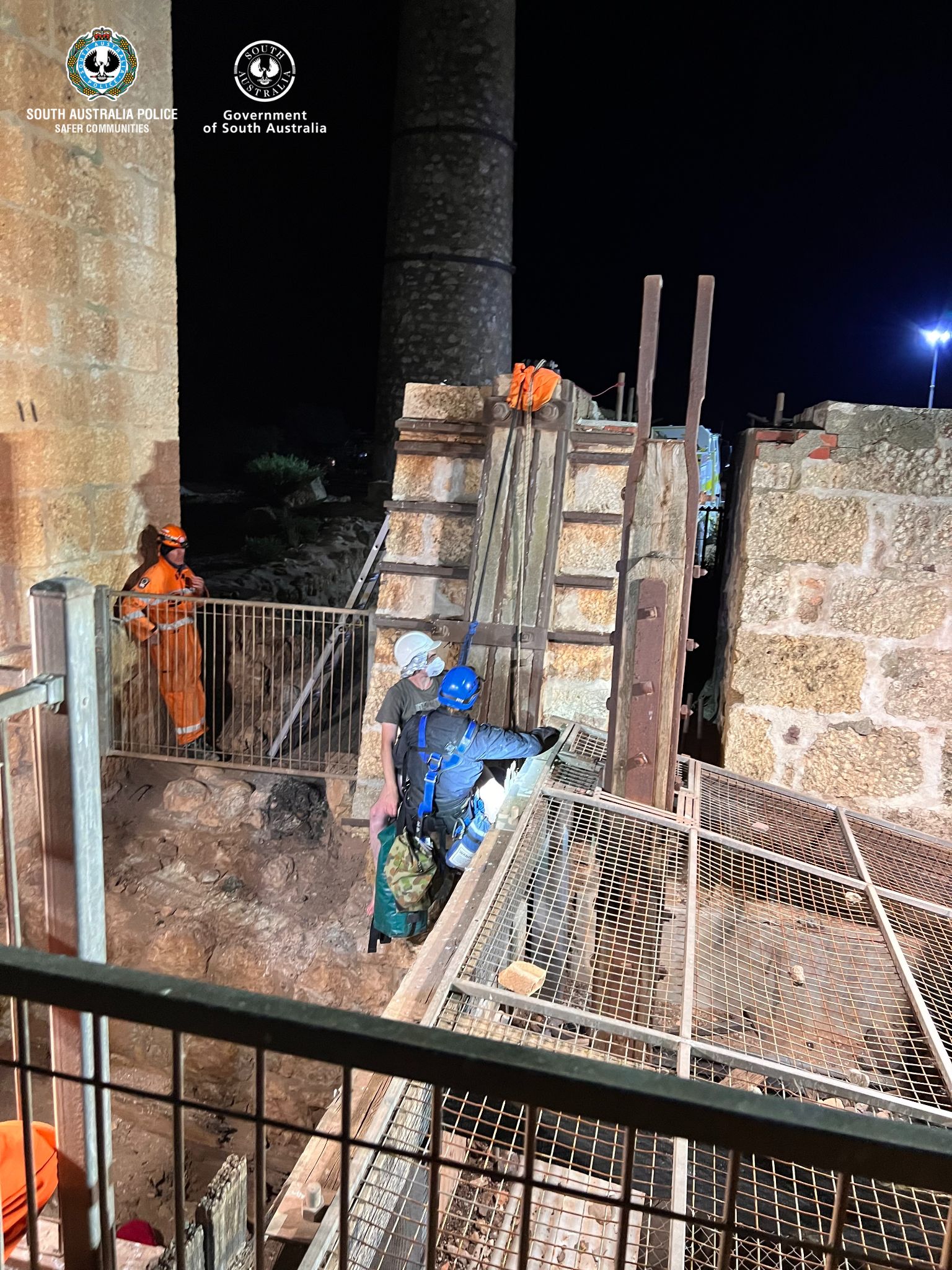Australia’s infrastructure industry needs urgent transformation in order to solve challenges including material and labour costs, capacity shortages and communication silos. On my podcast, The Competitive Contractor, I spoke with Jon Davies, CEO of the Australian Constructors Association (ACA), about the way forward – from the Jobs and Skills Summit to how government accountability and inclusion initiatives can help remedy these issues.
Over the next ten years, we must entirely transform how we procure and deliver infrastructure projects here in Australia.
“We’re not talking about incremental change. We need fundamental, structural reform from everyone involved – industry, unions and government,” Jon said.
The Federal Government’s Jobs and Skills Summit in September brought together unions, employers, contractors and government bodies to address the challenges and opportunities facing the Australian labour market. Jon was invited to participate and present, where he explored the solutions needed to ensure the durability of the construction industry.
Jon was named the first CEO of the ACA in July 2020, after leading the Queensland Major Contractors Association for two years and spending three decades supporting the successful commercial delivery of projects in Australia, the Middle East, the UK and Asia. He is now an intense advocate for change and a leading voice in Australian construction.
In our chat, Jon said we should be focusing on creating a more durable construction industry.
“This is about having the really important conversations that sometimes individual companies might struggle to have with clients,” Jon said.
So how do we make longevity and durability achievable goals, and where do we start?
“We believe there are three key pillars to a dependable construction industry; improved industry culture, sufficient capacity and skills, and equitable and aligned commercial frameworks,” Jon said.
Jon likened the three pillars to a three-legged stool, and the little cushion on top is environmental sustainability, which is vital to all three pillars.
By focusing on these three interlinked pillars, everyone in construction – from subcontractors to small businesses and employees – can best utilise their resources to decrease project costs, increase sustainability and improve cross-project methodologies.
The biggest challenges of 2022
Now that we have the three pillars to help us focus, we can turn to specific challenges.
The first that comes to mind is the issue of increased prices in labour and materials.
“This significant price escalation, which in some cases, is anything up to 70 per cent, has a real ability to impact the durability of the industry if it’s not properly addressed,” Jon said.
To avoid this, we need to be including provisions in long-term contracts moving forward. When contractors lock themselves into fixed price contracts and projects that can take two to three years to fulfil, it’s the contractors then that bear the brunt of price escalations.
“It’s not in the government’s interest to let the contractor suffer because of this,” Jon agrees.
The second major challenge that Jon addressed is the failure of industry bodies to collaborate on broader innovation and methodology.
“We’re not sharing the lessons learned in each jurisdiction,” Jon said.
Whether those lessons involve project management, sovereign capability, innovation, diversity or environmental sustainability, Jon proposes a level of government-enforced accountability. By measuring key reform areas and making these ratings available to the public, there will be a greater impetus for lasting change.
“No one’s going to want to be associated with low scoring projects – certainly not the delivery agencies or the contractors that are bidding for those projects. They’re going to be seeking out the best opportunities to be associated with a high scoring project,” Jon said.
Jon has taken this suggestion to the Federal Government with ACA proposing the Future Australian Infrastructure Rating (FAIR), an initiative intended to implement a consistent approach to national industry reforms.
Jon and I heartily agree that what will make great significance to the industry is an investment in innovation around the larger methodologies of projects, rather than investing in individual projects.
The next challenge we discussed – and the real key theme addressed at the Jobs and Skills Summit – is the need to increase diversity and inclusion.
“This is something that the ACA strongly supports. It’s a topic that I’m seeing everyone embracing and talking about,” Jon said.
“Our industry is not in great shape. We account for 26 per cent of all insolvencies. Women make up only 12 per cent of the workforce. That needs to change.”
How contractors can profit from innovation
Transformative change at a national scale requires fundamental structural reform from unions, governments, employees, contractors, and everyone involved in the industry.
This requires a real review of what the industry considers to be value for money. The priority of achieving the lowest possible price by any means is an old, outdated concept.
Thankfully, people are realising that prioritising low costs rarely delivers value for money.
“Value for money includes things like innovation. It includes things like productivity, environmental sustainability, sovereign capability, diversity, and inclusion. We need to put a greater focus on these kinds of different, non-cost criteria. There’s a huge opportunity for businesses to capitalise on this, and provide something different in these particular areas,” Jon said.
“I think from a contractor perspective, as we all know, a lot of the innovation comes from the supply chain. And if there is going to be this increased emphasis on these different non-cost elements, the businesses that are able to offer something different are going to be the businesses that succeed going forward.”
By focusing on non-cost criteria for success, we’re able to focus on innovation, which will encourage the grassroots level of the industry – universities, smaller businesses, technology companies, and more – to try new ways of making the industry better.
Innovation usually requires investment and a long-term vision. Let’s focus our time and effort on doing things smarter and more productively.
Every organisation within the industry has a part to play in achieving the change we need.
Don’t be afraid to challenge the status quo.
To hear my full chat with Jon, listen to the full episode of The Competitive Contractor at shivendra.com/podcast.
About us:
Shivendra Kumar is a global construction business advisor and owns the consultancy firm, Shivendra & Co, where he helps small to medium construction businesses and subcontractors increase their growth potential and profitability, improve their processes and execute business strategies.
Shivendra is using his extensive industry experience from previous roles at large infrastructure organisations including Siemens and Downer to transform the construction industry from the ground up and be a voice for Australia’s subcontractors. Shivendra also interviews infrastructure’s biggest names for the The Competitive Contractor podcast.







